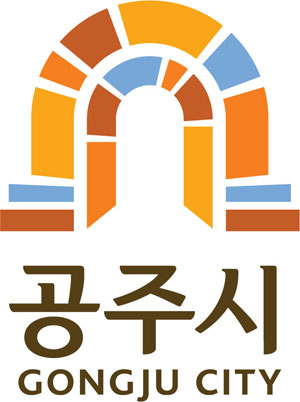
Gongju, a place where people want to visit and stay and live, has unveiled its new city identity (CI)
developed based on the concept, “The Gateway to a Happy Future,” and the vision of
becoming a city of hope and brilliant prosperity.
The CI was designed based on three core
values: open mind, creativity and sharing. It was also developed by giving a modern twist to the
historical and cultural significance of Gongju, with a motif inspired by the Tomb of King Muryeong,
regarded as the visionary king of Baekje.
As for the formative characteristics, it consists of 16 pieces that symbolize the 6 dong and 10
eup/myeon of Gongju.
Color-wise, the yellow and brown represent the refined culture of Baekje,
the orange serves to add a sense of vivacity and vibrance, and the blue symbolizes an enterprising
spirit. All of these elements in combination help depict the beautiful and harmonious
characteristics of Gongju.
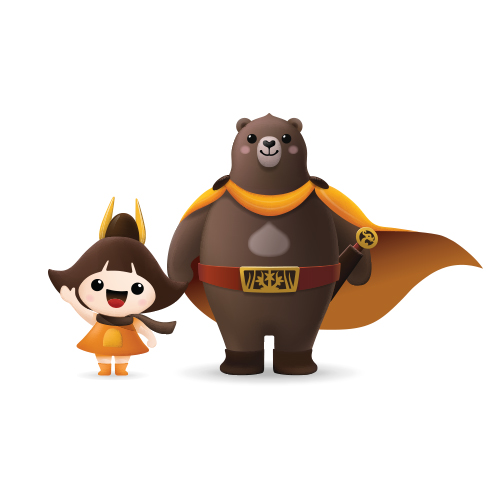
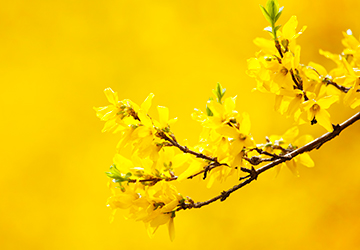
Forsythia, which covers mountains and fields every spring, is an indigenous flower that symbolizes the hope of the Korean people.
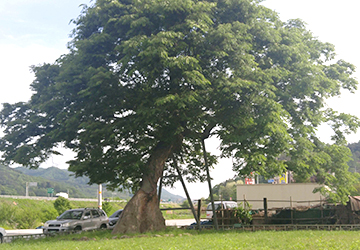
Zelkova, which is characterized by upright branching, represents authenticity, simplicity as well as balanced development. It also symbolizes the principle of self-preservation, which can be summed by the saying, “An ounce of prevention is worth a pound of cure.”
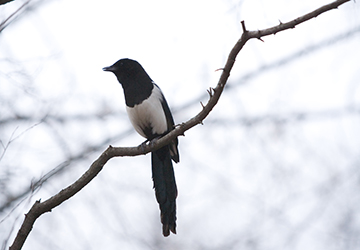
Regarded as an auspicious sign and a bearer of good news, the magpie symbolizes the friendliness and politeness that can been experienced in Gongju
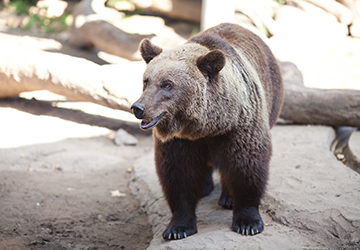
Due to a legend associated with Gomnaru (lit. Bear Ferry Dock), Gongju was once called Ungjin. The bear symbolizes perseverance and trustworthiness.